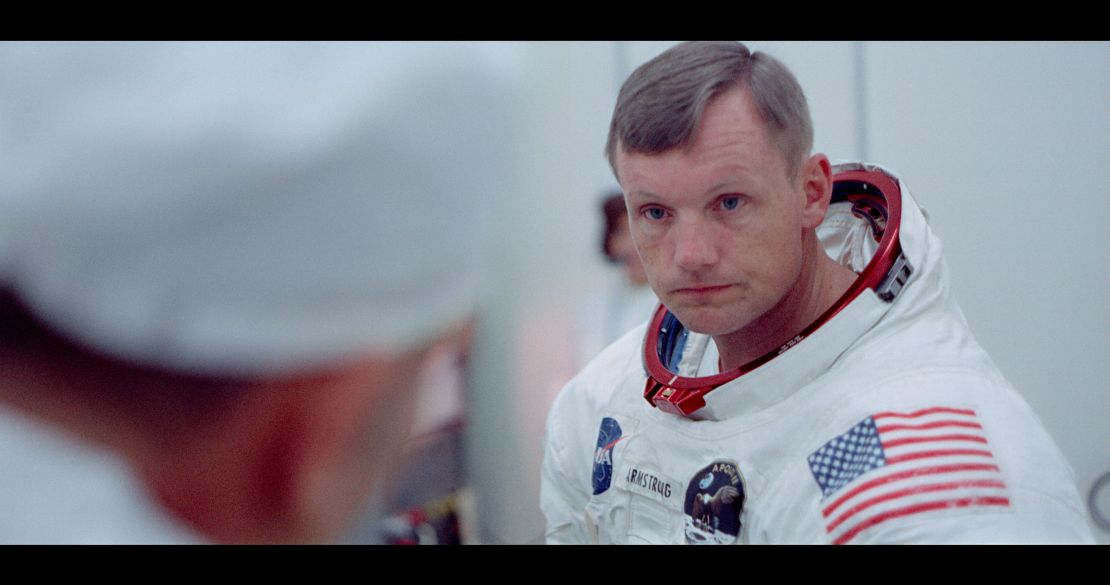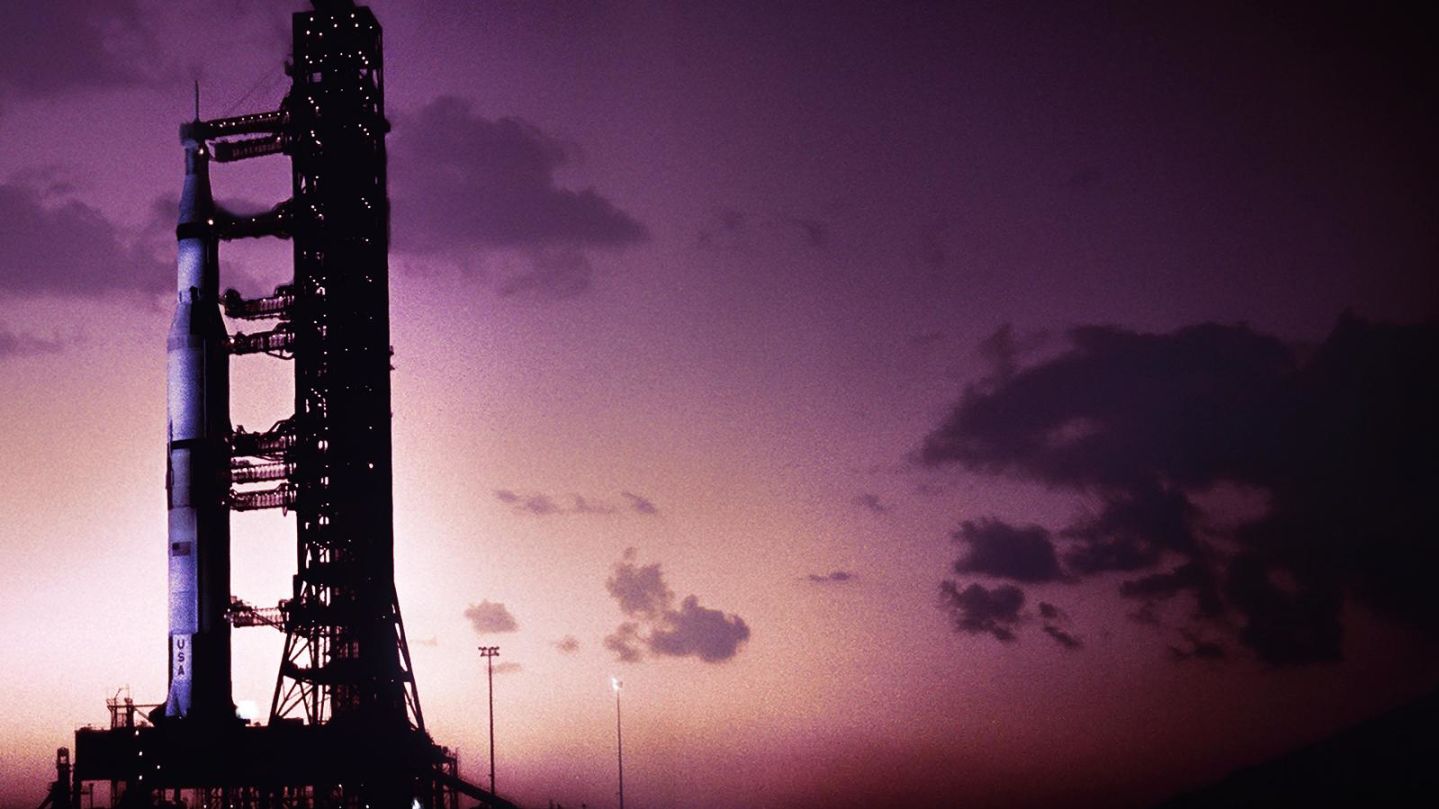“Apollo 11” might focus on the moon mission of a half-century ago, but in its own way the CNN Films documentary feels like a step into a time capsule. Meticulously recapturing the drama of that “giant leap for mankind” in 1969, it’s a wonderfully nostalgic if somewhat antiseptic reminder of what it meant to first break the bonds of Earth.
Assembled from long-lost NASA footage, and sparely presented without commentary or narration, the film is receiving a weeklong Imax window before expanding to additional theaters. The hypnotic majesty of the imagery certainly lends itself to an immersive big-screen experience, but the tick-tock of events over the eight-day sojourn should work equally well in a living room.
Director Todd Douglas Miller has culled from newly discovered 65mm reels and more than 11,000 hours of uncatalogued audio recordings, presenting a taut narrative that spans prelaunch preparations through the return of astronauts Neil Armstrong, Buzz Aldrin and Michael Collins, including the heroes’ welcome they received.
Perhaps foremost, the film captures all the things that had to go right to make the mission a success, capturing the tension within the Mission Control center at every stage of the process – from launch to escaping Earth’s orbit, and then the lunar landing to the journey back home.
The images neatly convey a sense of the time, panning a room filled with white men wearing white shirts and dark ties, where the fleeting glimpse of a woman or African-American conspicuously stands out.

Yet while “Apollo 11” captures the romance of the space program, where it falls short a bit is in its somewhat chilly approach to the process, unable as it is to get inside the helmets and heads of those involved.
Similarly, while legendary newsman Walter Cronkite’s voice is heard describing the mission, there’s no on-camera footage of him, missing out on the memorably giddy enthusiasm that the anchor exhibited when Armstrong took his famous first step onto the moon’s surface.
In that respect, the documentary actually works best as a companion to “First Man,” the recent Armstrong movie biography, which – even with its central character’s stoic strength – shed light on the personal sacrifice and risk undertaken by those who worked so hard to fulfill President John F. Kennedy’s pledge to put a man on the moon before the 1960s ended.
Kennedy, of course, wasn’t around to see his vision brought to fruition, but President Richard Nixon is shown speaking to the astronauts in space from the Oval Office, in an obviously prepared but nonetheless stirring speech about what their achievement means to America and the people of the world.
There will be plenty of Apollo remembrances (including a National Geographic documentary) between now and the official 50th anniversary in July, and it’s difficult to say whether “Apollo 11” will possess greater resonance among people who can remember watching those events unfold in real time on an analog TV or those for whom the grainy pictures are merely the stuff of history.
Either way, “Apollo 11” is a flight well worth taking.
“Apollo 11” premieres in Imax theaters on March 1 and expands to wider release beginning March 8.




















